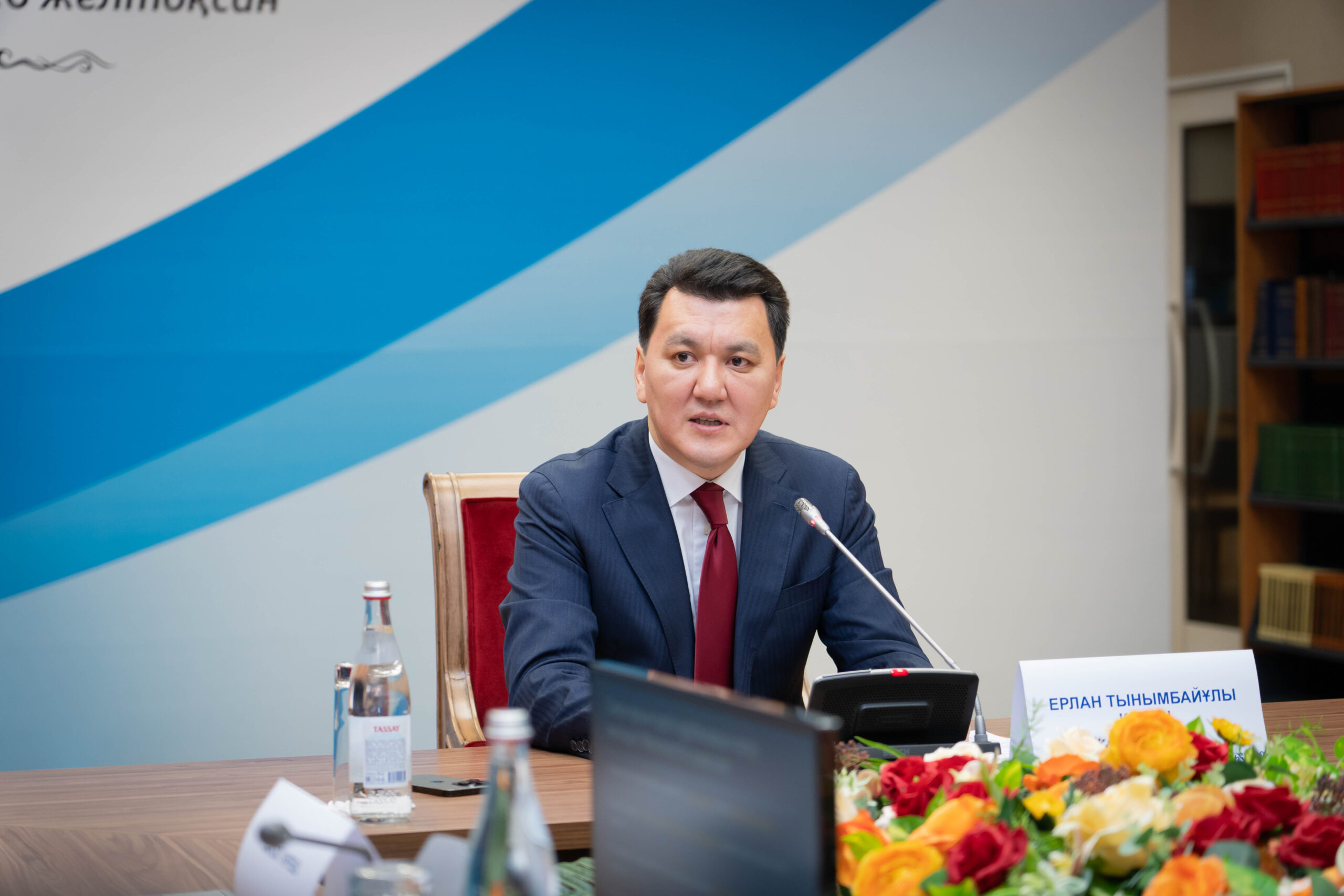ASTANA – Kazakhstan’s State Commission for the Full Rehabilitation of Victims of Political Repressions has rehabilitated over 311,000 victims, State Counselor Erlan Karin said at the commission’s final meeting on Dec. 26, reported the Akorda press service.

State Counselor Erlan Karin. Photo credit: Akorda.
The commission was formed after the presidential decree signed on Nov. 24, 2020. The commission has undertaken systematic and comprehensive work toward the rehabilitation of victims of mass political repression that occurred during the 1920s-1950s under the Soviet regime.
The commission focuses on research, search operations, and analytical summaries. It has a dedicated project office comprising scientists, researchers, and government representatives.
Three thematic research groups were established to address various categories of victims, while local commissions for rehabilitating victims of political repression were instituted in all regions across the country.
Four hundred twenty-five scientists, researchers, and experts, with over 260 of them engaged in regional commissions, conducted extensive research in more than 60 state and departmental archives nationwide.
“Over the past period, more than 2.6 million documents and materials have been declassified,” Karin noted.
To scientifically document the research findings, 72 volumes of collections of materials from the commission have been prepared for publication.
Looking forward, the Center for the Study of Materials of Political Repression of the 20th Century, established in 2021 under the directive of President Kassym-Jomart Tokayev, will continue research activities.
Over two years, the center received approximately 688,000 cases and around 48,000 personal records of individuals who faced repression have been transferred to the center from special state archives.
The center will continue its systematic efforts to digitize documents related to political repression during the 1920s-50s. It aims to create electronic archives accessible to scholars, researchers and the public.

